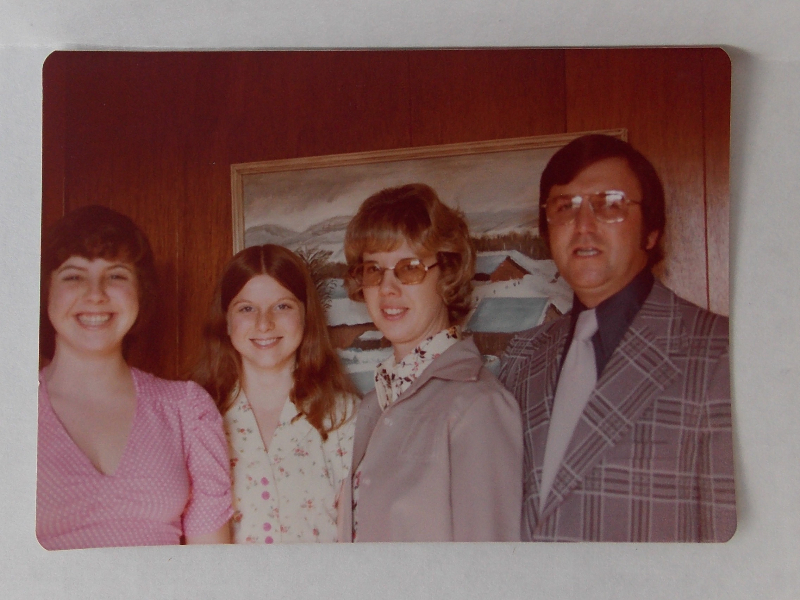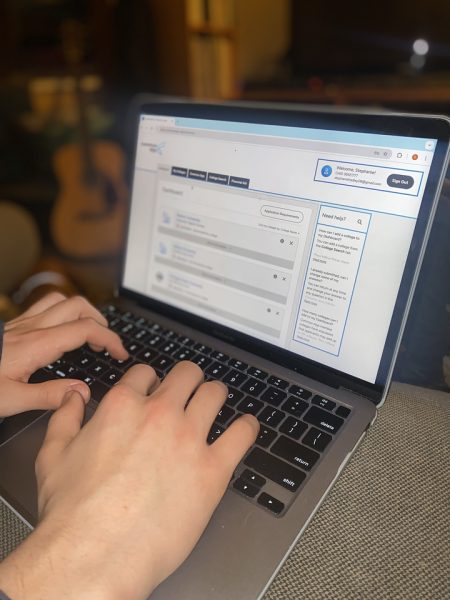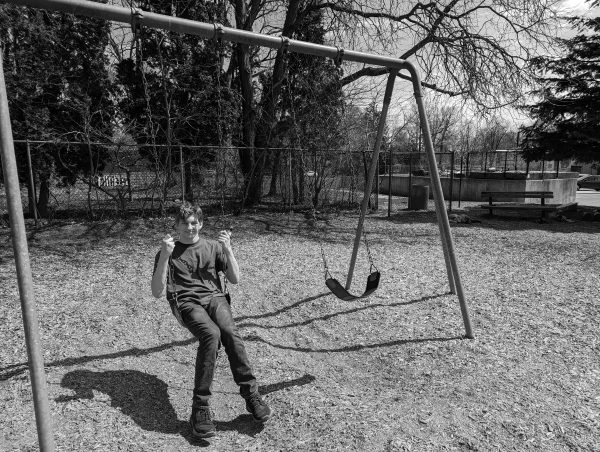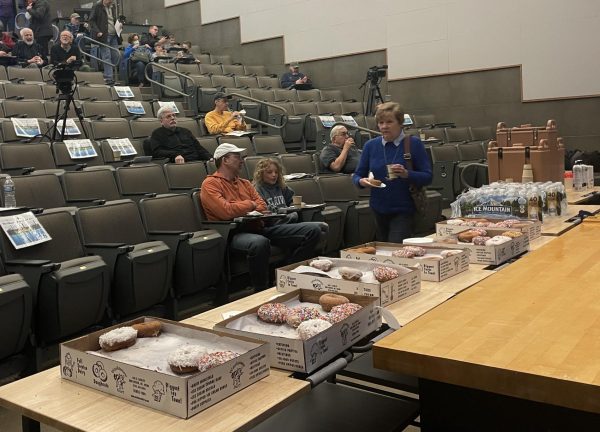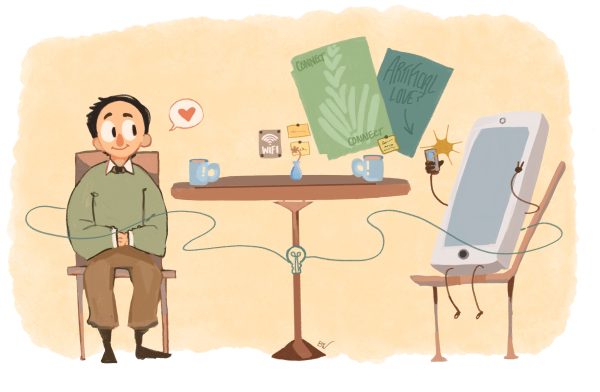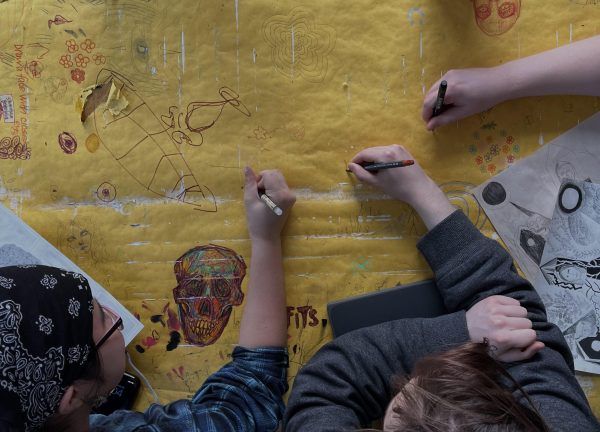Working Woman
Growing up with a working mother in the 1960’s and 70’s
Growing up in the 1960s and ‘70s was a busy time for Elisabeth Jacobs. Jacobs was born in 1958, graduated high school in 1977, and before she started college in 1978, Jacobs and her family had moved 13 times so her father could keep up with his job.
Jacob’s parents were the picturesque ‘60s couple. “When I look back at pictures, my mom is young and pretty and my dad is young and handsome,” Jacobs said.
From an outside perspective, they might have seemed like a traditional family— they were anything but.
Her mother, Claudia Campbell, got divorced before Jacobs was born and Jacobs was reared by her grandparents while her mother finished college. Before Jacobs was one, Campbell got remarried to a man named Johnny A. Jacobs, who later adopted Elisabeth at four years old. All of this was uncommon for the early 1960s.
She saw her mother as a huge inspiration, and for good reason. Campbell worked her whole life and was a pioneer in her field as a special education teacher and later as an administrator at the college level after getting an E.D.D. in education.
“[Education] was – like a lot of other working fields- male-dominated, and I was always really proud of her for working in that area,” she said.
She compares this to the experience of her husband’s mother. “His mom wasn’t ‘allowed’ to work for a number of years,” she said. This was a common occurrence at the time. Women stayed home and took care of the household while the man of the house worked, so a women getting an E.D.D. at this time was revolutionary.
Campbell also pushed the boundaries of a woman’s role in the the home for her daughter. Far from the placid housewife, Campbell took care of a lot of household responsibilities outside of the norm for women. With the moves every two years or less, Campbell was also managing the buying and selling of houses.
“So that was a level of executive function that my father, the business executive, was not contributing to,” Jacobs said.
Jacobs followed in her mother’s footsteps by getting interested in women’s movements. She researched the topic extensively and in high school and ended up writing a 32 page research paper on the subject.
To her disappointment, the current political climate has done very little for women the past few decades.
“We’ve had several opportunities to do things for women throughout the 20th and 21st century, and we don’t.”
After the struggles both Jacobs and her mother went through, it feels to her as if change has been stagnant. Especially with the most recent election, Jacobs feels as though the political system has failed her.
“[It is] very, very disappointing to see people over and over again choose not to give women a chance. I tried to do what I can about it personally.”



